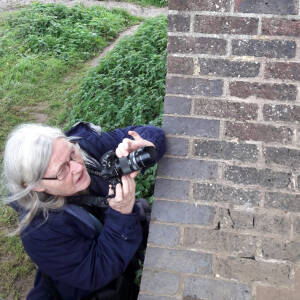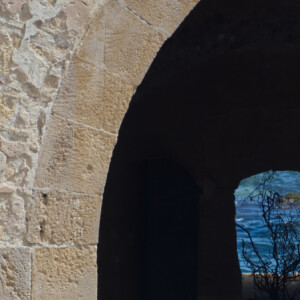Syracuse
What do you do if you are one of the 125,000 people (about the population of Oxford, or La Rochelle, France or Ulm, Germany or Allentown, Pennsylvania, USA) who live in a city which was founded 2,757 years ago; which became a powerful city state allied with Sparta and Corinth; which came to be the most important city of Magna Graecia; which was described by Cicero as 'the greatest Greek city and the most beautiful of them all' (it was the same size as Athens at Athens's peak during the fifth century BC); which is where Archimedes discovered pi (and a few other things); which later became part of the Roman Republic; which, since St Paul spent three days here, is mentioned in the Bible (Acts of the Apostles 28:12); which, 1,400 years after its founding, served as the capital of the Byzantine Empire?
Might you just escape the tourist-season hordes and make a bit of cash by letting your flat?
Not surprisingly, Syracuse is now listed by UNESCO as a World Heritage Site and standing on so many, many audible heartbeats, I began to understand why the Americans are in awe of Europe. (Mind you, there are plenty of heartbeats there, if you listen.)
The Temple of Athena (590-580 BCE, but built on earlier, pre-Hellenic, foundations) was mentioned by Plato. 500 years later Cicero wrote about its looting. In the 600s, Christians built a cathedral on the site, incorporating the temple's Doric columns. In 878 it was converted into a mosque then, after the Normans retook the city, it was converted back to a Christian place of worship in 1085.
939 years after that, light is still bouncing off its battered columns into people's eyes and today they were mine, not Plato's nor Cicero's nor St Paul's. Same columns, though. Is that not breathtaking?
But this site isn't even where I started. Having dumped my bags in my room on the island of Ortigia (right next to the cathedral, as it happens) I went to see the sea. At Castello Maniace at the southernmost tip of the island, they have very sensibly not attempted to describe the layers of history. Instead they have put sculptures there and you just go in and absorb. Look at my main image very closely. Can you see our history? You might see it if you look at the first extra. I adored it this visit. The very best history is about feeling, not dates.
I am being very careful with money but this evening I decided to eat out. I was solo on a table next to a French couple. After a while we got talking and had a delightful evening chatting about travelling, social justice, Paris and London, climbing Etna (me brain-picking), green issues, aviation and how se tutoyer (using the 'friendly' rather than 'respectful' form of 'you' in French) relates to class, age and politics. (C et C, si vous êtes là, je vous (en pluriel !) invite à me contacter à arachnegraphics@gmail.com).
A fabulous convivial end to a magical day.
Extras
- ghost, close-up
- the sea



Comments
Sign in or get an account to comment.


